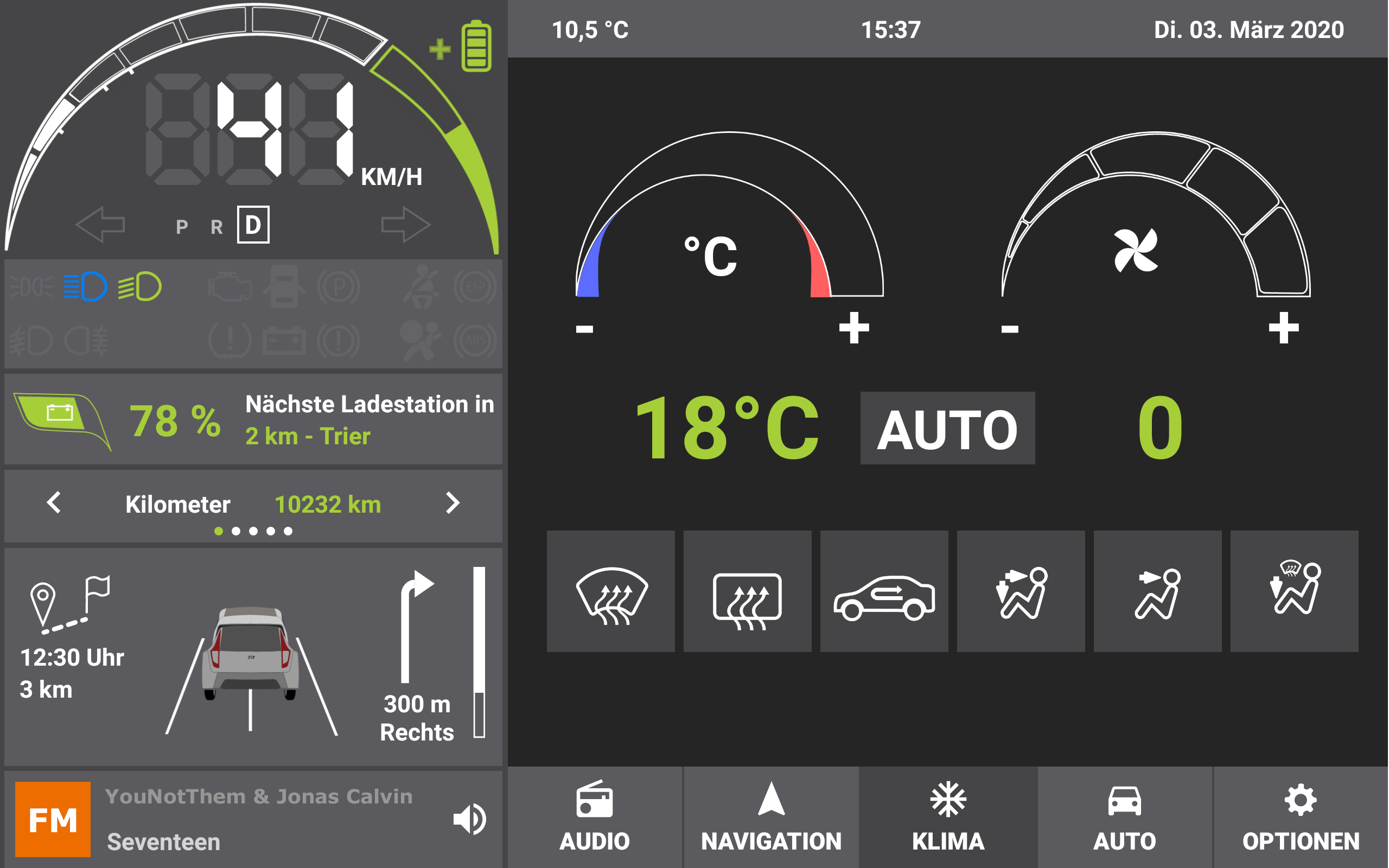evoDash – A Transdisciplinary Vision or an Education Platform and a Simulation‐Based Vehicle Development Process

In the wake of environmental disasters and accelerating climate change the challenges facing humanity seem bigger than ever. In the public eye private transport and mobility are two of the most apparent fields in need of a sustainable evolution. Around the globe car manufacturers and developers of innovative mobility solutions are hard at work in shaping the future of transport and travel. Like many modern problems these fields require a transdisciplinary approach and collaboration of disciplines in order to design a solution. At Trier University of Applied Sciences, the student team proTRon has been building highly efficient mobility concepts since 2005 and developing the prototype for a law- and safety-compliant urban vehicle concept since 2015. In this industry-oriented collaboration project the students get the chance to work in a realistic environment emulating a vehicle development process, preparing them for a job in the mobility industry as the next generation of system developers and engineers with a transdisciplinary attitude. Within the framework of this project students acquire competencies in communication and cooperation as well as gain expertise in areas like sustainability, efficiency, and organization. This paper introduces “evoDash”, a human-vehicle interface prototype for the urban vehicle concept proTRon EVOLUTION with a focus on usability and modularity. Designed and developed by students it is a software architecture based on Android and central part of a vision for a transdisciplinary education platform, which provides the foundation for future software and hardware development projects working towards an innovative and sustainable human-vehicle interface. The modular architecture of the platform provides the necessary interfaces and layout options for the functionalities that result from innovative ideas and student projects, embedding them into a usable and individually adjustable framework that will be subject to continuous iterations in order to optimize usability, safety and security. This paper proposes a simulation-based process model focused on rapid prototyping. It aims at providing a possible framework for transdisciplinary engineering projects and education.
Watch the video talk on YouTube.
Visit the student project “Team proTRon”.
Request the full text via mail.